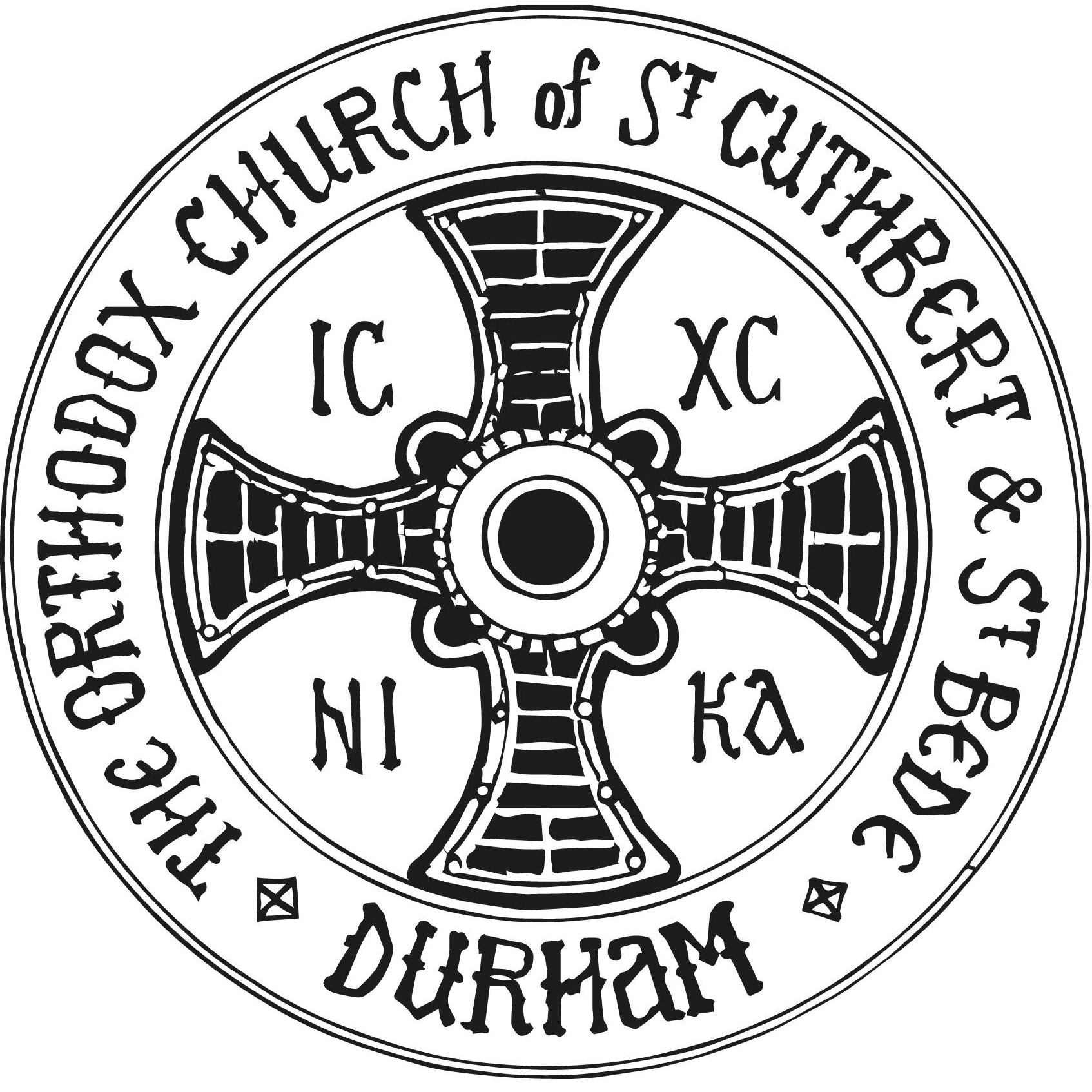In the Name of the Father, and the Son, and the Holy Spirit. Amen.
We call this Sunday, the Sunday after Pascha, ‘Thomas Sunday’, but this is not exactly how this day is described in the Pentecostarion, and perhaps we should begin by wondering why. The Pentecostarion (or, what the Slavs call the ‘Flowery Triodion’) calls this day: ‘Antipascha, or the Handling (or touching: Ψηλάφησις) of the Holy Apostle Thomas’. Note: not a Sunday—like Palm Sunday (really: the Entry of the Lord into Jerusalem) and Pentecost. There are none of the normal Resurrection stichera, nor one of the Resurrection apolytikia, nor does the priest begin the blessing: ‘May he who rose from the dead, Christ our true God…’, but instead he says, ‘May he who trampled on death and gave assurance to Thomas,…’ But there is more: originally this day was called just Antipascha; there was an evening service commemorating Thomas’ encounter with the risen Lord, but it was after vespers of Sunday evening, a separate service, which in Jerusalem took place after a procession to the supposed site of the Upper Room, where Jesus had appeared. Antipascha: opposite to Pascha, not, of course, ‘opposed to’ Pascha, but at the other end of Pascha from Pascha itself. Or, if you like—and the texts occasionally reveal this, as if we were reading a palimpsest and occasionally discerning what had been originally written, and then written over—the ‘eighth day’ of Pascha, the beginning of the new creation, the creation of the Kingdom to come, in which Kingdom the day is without evening: the ἀνεσπέρα ἡμέρα, where shines the ‘light that knows no evening’, ἀνέσπερον φῶς. New creation, not just another creation, but the renewed recreation, the fulfilment of God’s creation. A new spring, too: the expostilarion for the feast reads, ‘Today spring is fragrant, and the new creation dances; today the keys of the doors and of faithlessness are taken away, as Thomas the friend cries out: My Lord and my God!’
It appears that, at some time in the first millennium, the ‘historical’ commemoration of Thomas’ encounter with the Lord came to overlay the traditional feast of Antipascha, but the two feasts meet in this point: both are concerned with creation, with an encounter with the Creator, and both express amazement and wonder at what all this entails. Antipascha: new life, new spring, creation realizing what it means to be created, and dancing for joy. The handling of Thomas: his amazing encounter with the risen Lord, not just an encounter, but his fingering, feeling, of Christ—putting his hands in the wound in his side made by the lance and his fingers in the wounds caused by the nails. You might be wondering whether Thomas did, indeed, put his fingers in the wounds. If you looked at a modern commentary on John you would likely find that it says that, in the event, Thomas did not insist on putting his hand in the side and his fingers in the wounds; rather Thomas, overwhelmed at the presence of his risen Lord, just cries out: ‘My Lord and my God’, impetuous as ever. But none of the Fathers entertains this idea. For them, Jesus asked Thomas to put his hand in his side and his fingers in the nail-wounds, and he does, and then cries out his faith in Christ and his Resurrection. But what is commented on by nearly all the Fathers is what an amazing thing this was: to touch and handle the risen body of the Lord, the body, not just of a man, but of God. As one of the stichera for Vespers puts it:
He touched and seeing confessed that you are not naked God, not a mere man; and he cries out, ‘My Lord and my God, glory to you!’
To touch the body of the Godman, or even the hem of his robe—as with the haemorrhaging woman—was to make contact with his life-giving power and receive healing. But to touch and feel the body of the risen Godman: that is something more, for the body has been deified, it has become, as it were, diaphanous to the Godhead—surely the inquisitive hand of the doubting apostle will be shrivelled up as it touches Christ’s body, instinct with divinity. It is as if material creation is in contact with the consuming fire of the Godhead (remember what it says in Hebrews, ‘for our God is a consuming fire’: Heb. 12: 29). And so, a little later on in Vespers, one of the stichera reads:
O the paradoxical wonder! Grass touches the fire and is preserved; for Thomas, putting his hand in the fiery side of Jesus Christ our God, is not burnt up by his touching; for the disbelief of his soul is changed fervently into good belief; and he cries out from the depth of his soul, ‘You are my Master and God, who have been raised from the dead, Glory to you!’
Thomas, as it were, put his hand and his fingers into the white heat of the Creator God, and miraculously was not consumed, but on the contrary, given faith and assurance: a faith and assurance, not just for himself, but for all.
O good disbelief of Thomas! You will lead the hearts of the faithful to acknowledgment, and with fear you cried out, ‘My Lord and my God, Glory to you!’
A paradoxical wonder, or miracle—θαύμα—on to which we should seize, as we come into contact with Christ, and are transformed, not destroyed! To quote Hebrews again: ‘It is a fearful thing to fall into the hands of the living God!’ (Heb. 10: 31). Amen!
